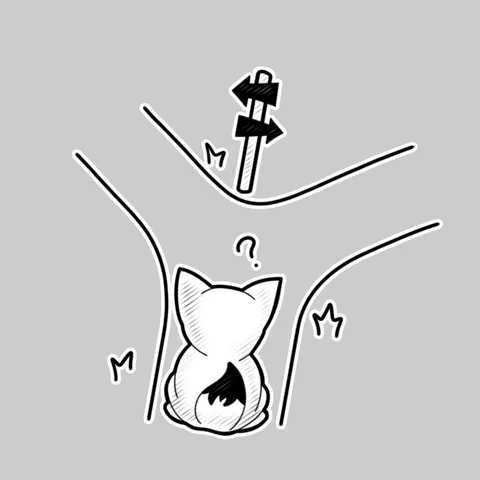
This logo isn't an ad or affiliate link. It's an organization that shares in our mission, and empowered the authors to share their insights in Byte form.
Rumie vets Bytes for compliance with our
Standards.
The organization is responsible for the completeness and reliability of the content.
Learn more
about how Rumie works with partners.
Monday morning, 9:15 am…
Sandra's boss: Hi Sandra, could I see you for a moment?
Sandra: Ummm…sure.
Sandra's boss: Could you close the door behind you…
20 minutes later you leave the office and start to head home with a tear in your eye...You just got fired!!

How certain are you that this won't happen to you? Learn how to recover from an unexpected job loss, and how to prevent it from happening again.
Did you know?
This Byte is about getting “fired” as opposed to “laid off”. The main difference: it was YOUR performance that led to the termination of employment. Being “laid off” means there were some EXTERNAL factors at play (basically, not your fault).
Looking back before looking forward
Your mind flashes back to the past 6 months — you thought everything was going ok. Or was it? Let’s look back and see where someone might have made some serious mistakes.
Was it me, or was it them???
It’s no surprise for someone to get fired if they:
Had poor work quality that did not improve
Were working slowly and making lots of mistakes
Didn't help out or collaborate with others in the team

Some other big no-no’s are:
Asking for lots of time off
Being late often
Breaking a serious company policy
Did you know?
Bullying, harassment, or physical violence are surefire ways to get fired.
It’s time for some honest “self-talk”
Ask yourself:
Did I really put in 100% on all my tasks?
Did I learn from my mistakes?
Was I always on time?
Did put in any effort to get along with workmates?

If you answered "No" to some or all of those questions, you might have a good idea about what went wrong. Now that you’ve looked back and reflected on what went wrong, you need to look forward on what to do now.
If you answered "Yes" to all of those questions, then it might not have been you! If you're curious to know the real reason, try reaching out to your previous employer in a politely worded email.
Cash, money, moola?
Not long after getting fired, you probably thought, “How am I going to pay my bills/rent?” While there are other Bytes to help you save money (3 ways to manage your finances), let’s look at what your immediate options are:
Government assistance programs
Search for services that may be available from any level of government.
Compile all necessary documents. Eg. Termination letter from employer, pay stubs.
Apply ASAP! It may take a few weeks to get approved and get your money. (Note, it likely won't be a lot, so use it wisely!)
Personal finances
If you planned ahead and have your "3 months of salary saved", good for you!
Cut any excess spending — yes, life may get a bit boring now, but it's a must. It's all about RENT-FOOD-BILLS.
You may need to borrow money — but be careful who you ask and how much you ask for.
Learning from your mistakes
Its always better to learn from someone else’s mistakes, but you might as well learn from your own mistakes too!
Now, you have two paths to choose from: the “easy path" and the “not-so-easy path".

The easy path
Work on your “soft skills” like:
Time management
Teamwork
Problem-solving
The not-so-easy path
Rethink everything you've ever thought about jobs/work and you! Focus on:
Your best job skills
The type of job/company/industry you want to work in
Skills or qualifications you might be missing
It’s worth repeating — if you're not honest with yourself about WHY you got fired (which we are assuming was preventable) then it may happen again....and again...and again.
As you work on either the easy path or the not-so-easy path (or both!), you may need to:
Talk to a close friend or family member about what happened and what you plan to do in the future.
Look for employment counselors who can help find the “right” job for you.

Quiz
Let's get back to Sandra. After some self-reflection, she realizes she wasn't great at taking feedback and improving her work. What should she do? Select all that apply:
Most jobs will involve failing at something. Occasionally, you'll have to rethink how you do things. Also, ex-coworkers are usually happy to lend a hand!
Take Action
There's a lot to do now, but it shouldn't just be about applying for as many jobs as you can. Take your time and balance job searching with work-skills improvements so that the next job you land puts you in a place where you can succeed and grow your career.
This Byte has been authored by
Andrew Holownych
Training Specialist
MEd

